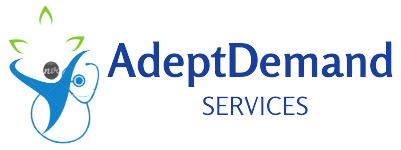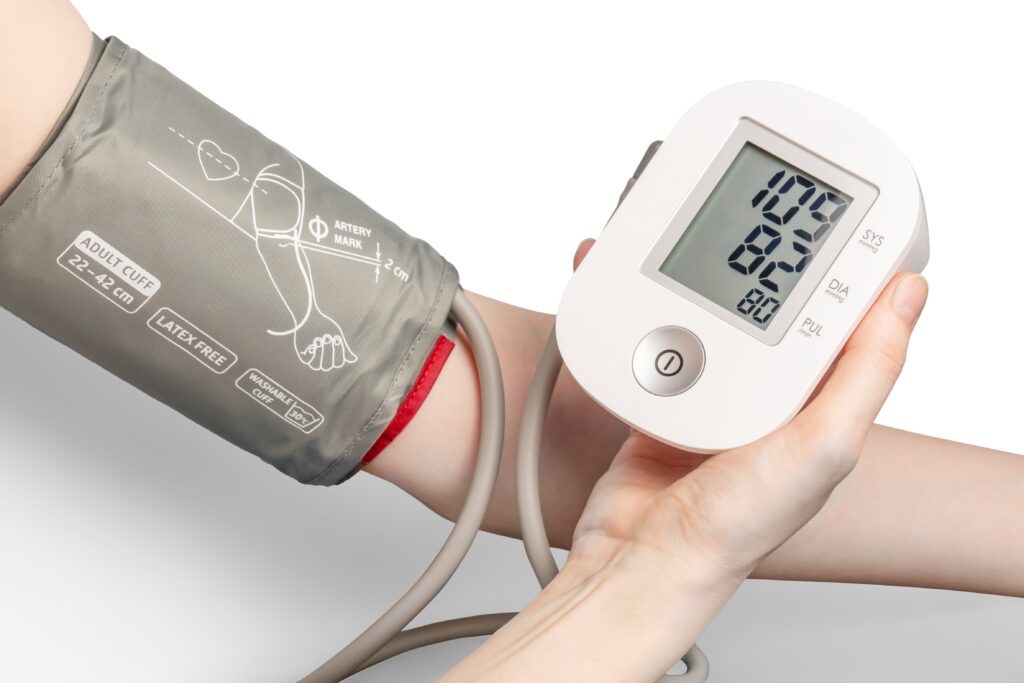
A report from NIH estimates that about 60% of elderly persons suffer from at least two chronic health conditions. And according to WHO, the proportion of the world’s population above 60 years will nearly double from 12% to 22% between 2015 and 2050.
Even the Administration for Community Living states that about 14.7 million people in the United States are at least 65 years old, and more than a quarter live alone.
This goes to show that promoting healthy aging and the independence of old people is just as important now, just as the global population ages. So, what if there were systems that enable family caregivers to be aware of their elderly loved one’s health status without actually being there with them?
22 old people’s health monitoring devices
For your senior loved ones living alone or with a condition, there are a number of different elderly monitoring devices that can respond to panic emergencies, medication crises, inactivity, accidents and falls.
Typically, a senior monitoring system based on modern technology can help track your loved one’s health and safety, and quickly alert you if there’s an emergency. But the difficulty now is determining which one is right for your needs or theirs.
Below are various old people health monitoring devices that will help them live healthily and enjoy their best lives, while giving their loved ones the needed peace of mind.
1. Digital pill dispensers
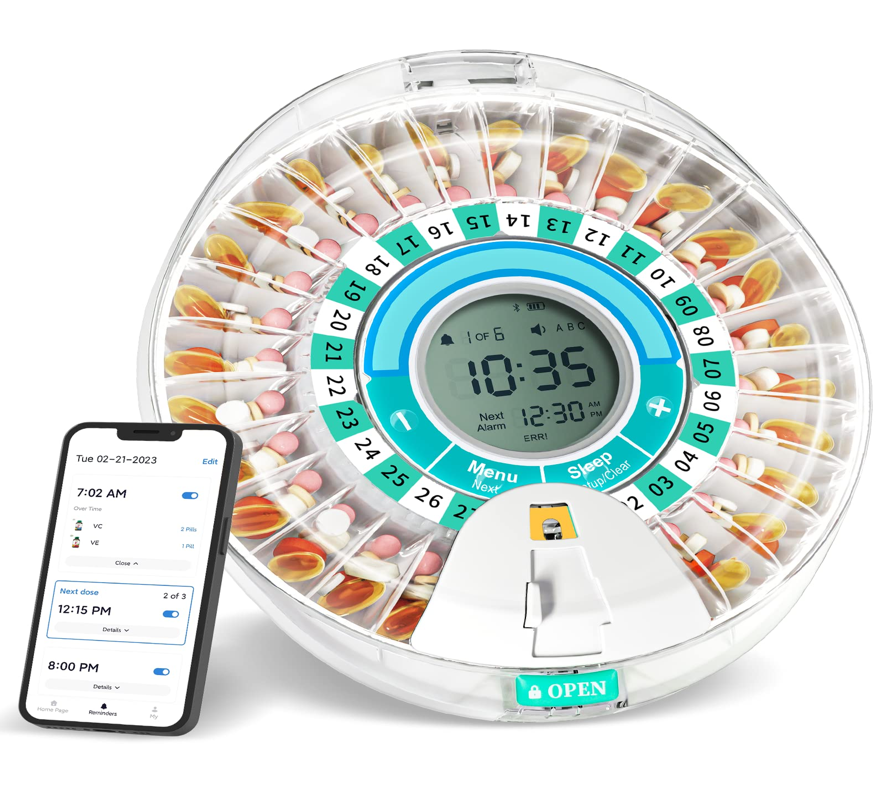
This lockable pill dispenser is programmed to unlock when medications are to be taken and remind them to take them. When it’s time for medication, the device, which resembles a standard seven-day pill dispenser, will unlock.
The pill dispenser will beep if the medication is not taken at the appropriate time, and you’ll hear a pre-recorded reminder from a recognizable voice, either from a loved one, like your child or grandchild.
If, after some time, the medication hasn’t been taken, a phone call will be placed to the individual and a family caregiver.
This monitoring device positively impacts their health by enhancing medication adherence and lowering consequences from missed or incorrect dosing.
2. Medical alert button
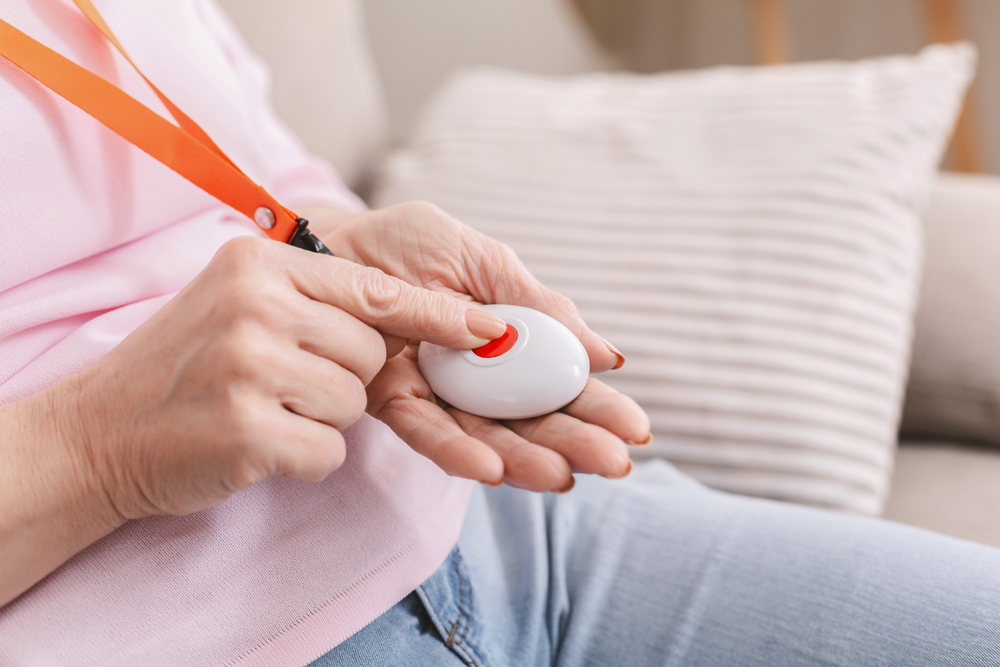
Image Source: Westchester family care
You might want to consider getting a medical alert button if you’re an elderly person living alone.
Several companies produce wearable monitoring gadgets that send out a warning in an emergency, including pendants and wristbands.
These health monitoring devices can be used in the shower because they are water-resistant. And in case of an emergency, the Mobile’s GPS tracking system enables operators to locate the user.
3. Smart toilet
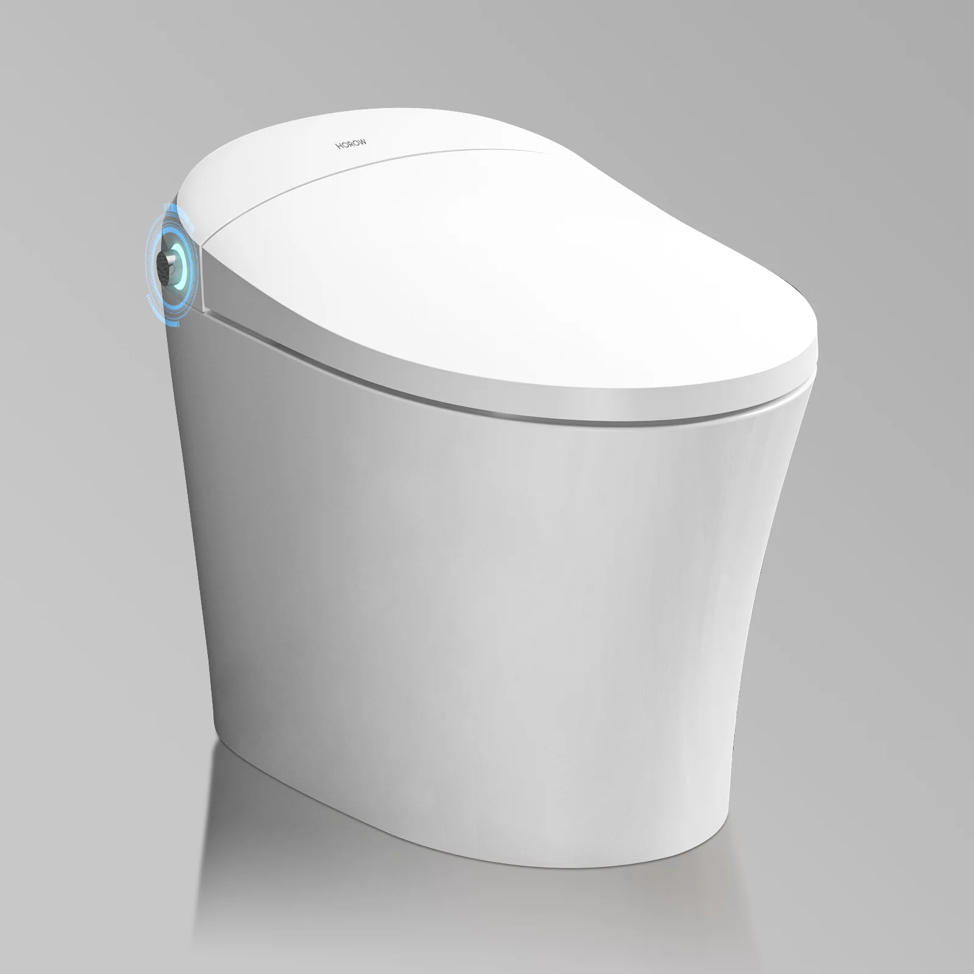
This health monitoring device does all the work as you do your business in the restroom. It was developed to keep tabs on our health by examining faeces, and detect health issues like dehydration and the norovirus before they worsen.
It gathers health information after using the restroom and transmits it to your care team for review. It is one of the efficient old people health monitoring devices you can connect to your old folk’s mobile device to get daily wellness updates and practical advice to stay healthy.
4. Smart watches with elderly-friendly features
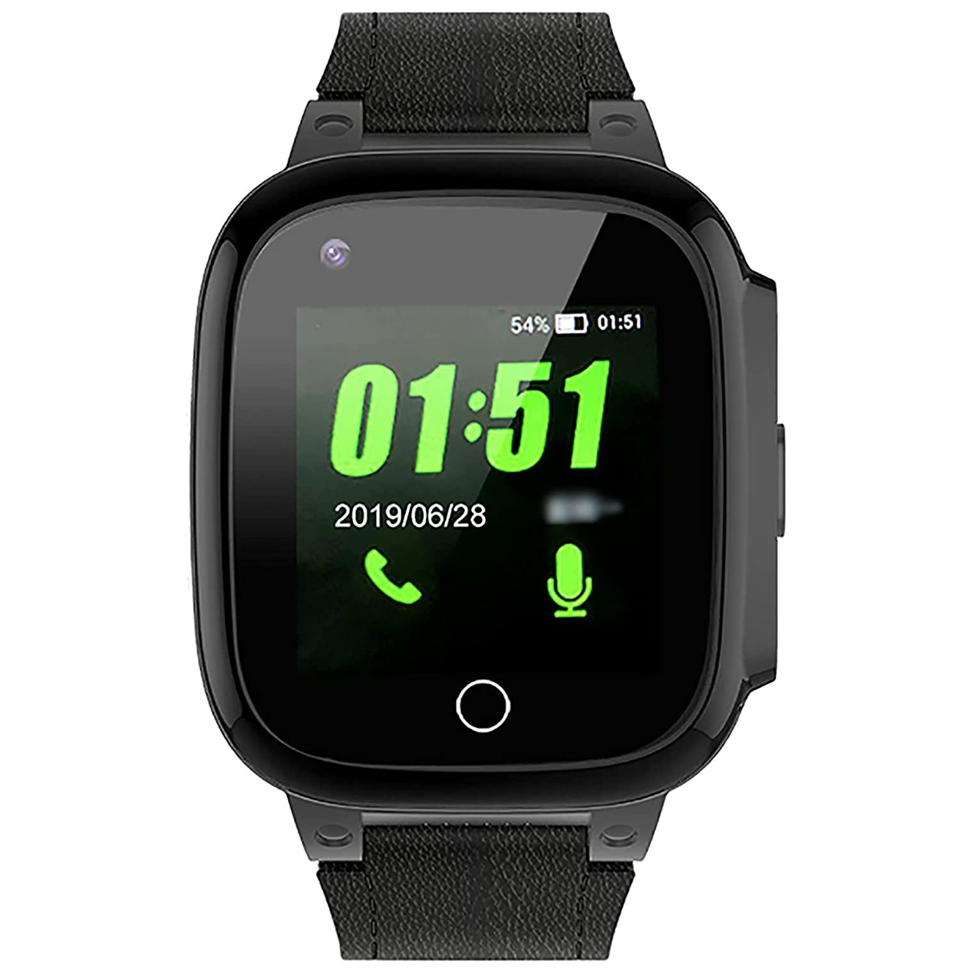
Smartwatches that detect falls are perfect if you want the security of an alert system with a sleek design. These smartwatches can assess vital signs such as heart and respiration, oxygen saturation, and fall detection.
Some of these smartwatches have features that provide medication reminders, hydration warnings, and emergency SOS features.
If the watch recognizes a fall, an alert will be sent to a call center. Also, the watch can be set up to email or SMS family members. As a result, old people can maintain their independence while improving their health.
5. Grandparent Monitors
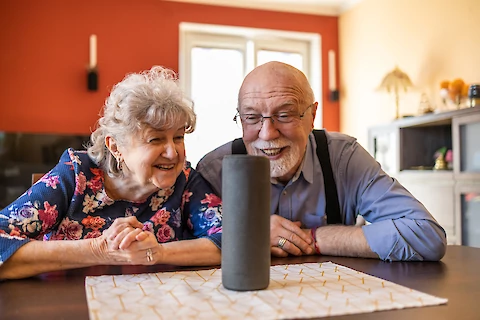
Image source: Senior Helpers
This is a popular elderly monitoring device that is effective and simple. The grandparent monitor lets you monitor your elderly parents in real-time.
You may access the camera’s video feed from any location using your phone, tablet, or computer. You can position the camera strategically to keep tabs on your elderly relative or throughout the day.
This old people monitoring device is fantastic for the aged who cannot leave their homes as frequently as they’d want.
Therefore, a grandparent monitor can let wards monitor what their aged parents do if they have a hectic job schedule.
6. Baby Monitors For Dementia Patients
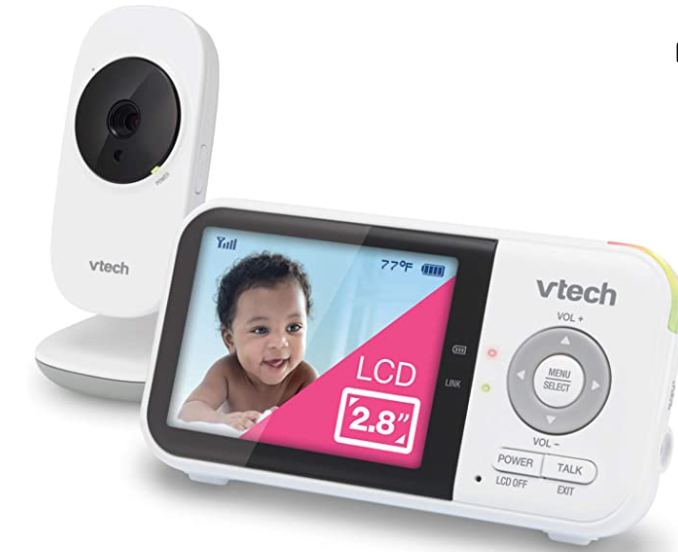
Image source: Amazon
It might be challenging to care for an elderly person with dementia. The disease affects the brain and impairs an individual’s ability to make decisions independently.
As a result, the patient’s behavior may become unpredictable. A caregiver in such a situation can certainly be helpful, but you may also want to keep a watch on them.
Although baby monitors weren’t intended for dementia-affected elderly persons, you can use them to monitor your elderly parents.
You can track their whereabouts. This is especially useful if they habitually wander off or get lost.
7. Motion Sensors and wearables
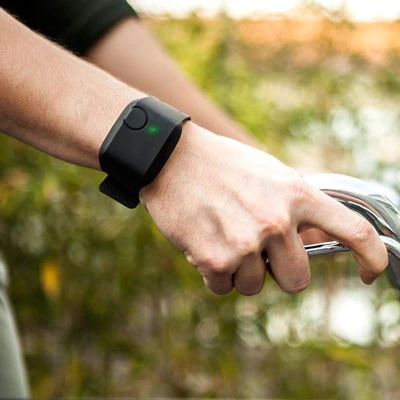
Image source: empatica
These small health monitoring devices are set all over the house to track people entering and exiting various rooms.
These sensors pick up numerous movements. The monitoring centre is notified when the sensor detects no activity for a predetermined period of time, often between one and four hours.
The use of wearable technology for remote monitoring is also a great choice. More active old folks use them. Wearables come in various shapes and sizes, including watches, necklaces or pendants that resemble jewellery, and even tiny bracelets.
Typically GPS-enabled, these health monitoring gadgets enable caretakers to locate your elderly loved ones anytime. Also, they have the ability to transmit information and an SOS signal when there is an emergency.
8. Fall detection and alert devices
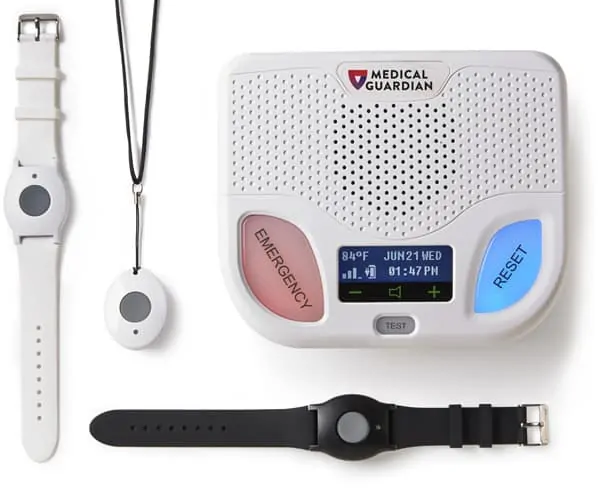
Image source: safehome
One major risk older people face is falling. In fact, the CDC estimates that 3 million people, of 65 years, suffer injury from falls each year.
Falls are a major cause for concern because they frequently result in injuries and a deterioration in health.
A fall monitor is an excellent aging monitoring device for older people who have recently fallen or have a medical condition that causes falls.
And can detect unexpected impacts like walking or falling. Most fall monitors are wireless and can connect to base units wirelessly.
The device automatically calls for assistance from the specified contact or emergency service when a fall occurs. Also, it can function as a life alert pendant that the user manually taps to summon assistance.
9. Hygiene tracker
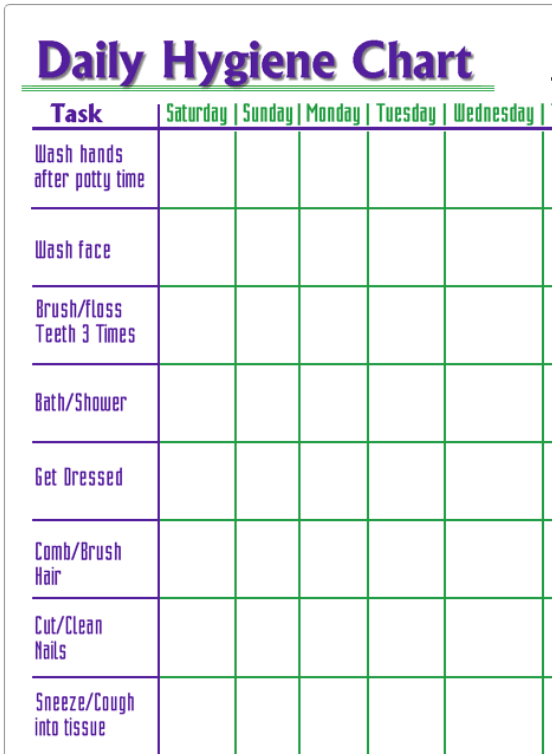
Image source: chartjungle
It’s crucial to monitor an elderly one’s hygiene, housekeeping, and health routines. This is because they reveal whether they can live comfortably at home and avoid serious health problems.
There are wearable health monitoring devices that concentrate on regular activities like:
- How frequently the elderly one eats
- How often do they brush their teeth
- Regularity of bathroom visits
- Sleep
- Movement in the house
- Fall detection
To alert a carer, the user can press a help button. Quick check-ins with the elderly are made possible by two-way voice communication over Wi-Fi.
And family members can keep up with developments about their elderly relative’s welfare.
10. Blood pressure health monitoring devices
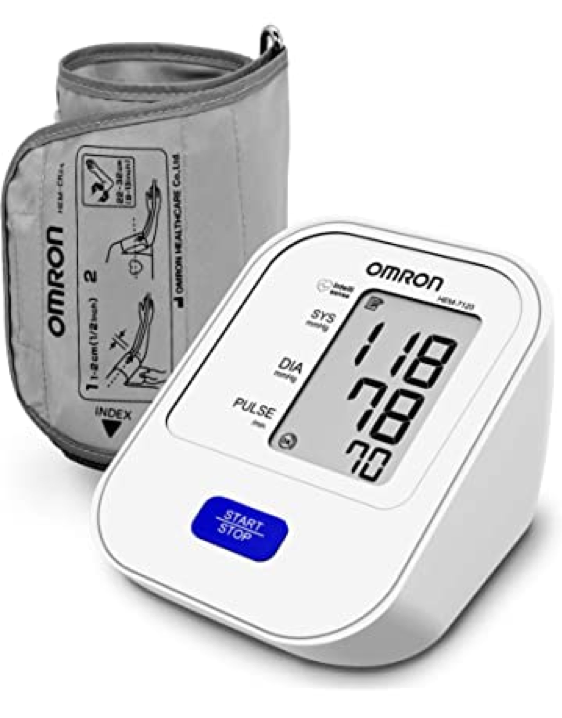
Elderly people who use blood pressure monitors can control excessive blood pressure by closely monitoring their readings.
They can make informed decisions when their blood pressure is regularly monitored to help spot patterns and fluctuations. This will lower their risk of complications related to blood pressure, such as heart disease and stroke.
11. Pulse oximeter
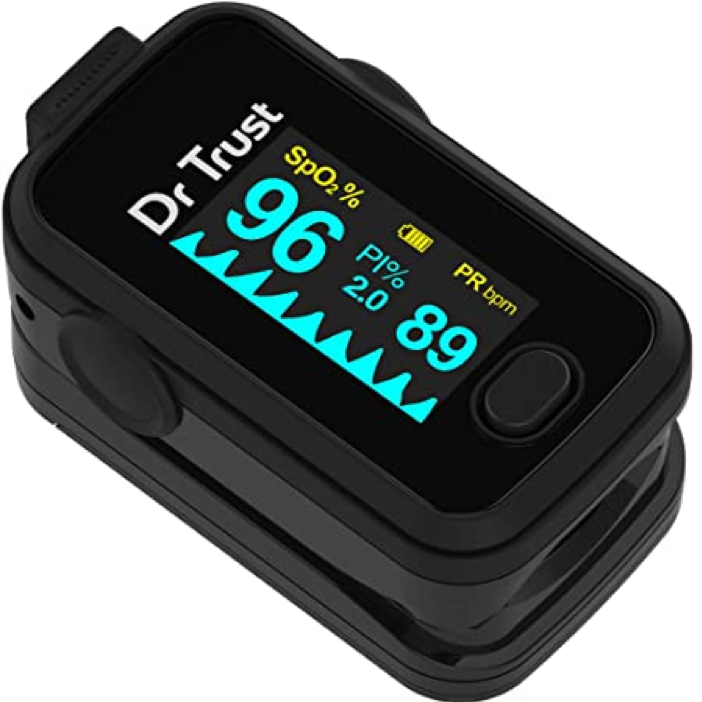
This device uses optical detection to monitor blood oxygen levels and pulse rate.
Although they are frequently seen at healthcare facilities, you may purchase portable, battery-powered versions for private use.
12. Temperature sensor
Temperature sensors can detect fires and extreme temperatures, such as in the kitchen. They look out for dangerously high or low temperatures, for instance, low enough to result in hypothermia.
Also, they can monitor the home’s temperature and ensure your aged relative is comfortable.
13. Panic buttons
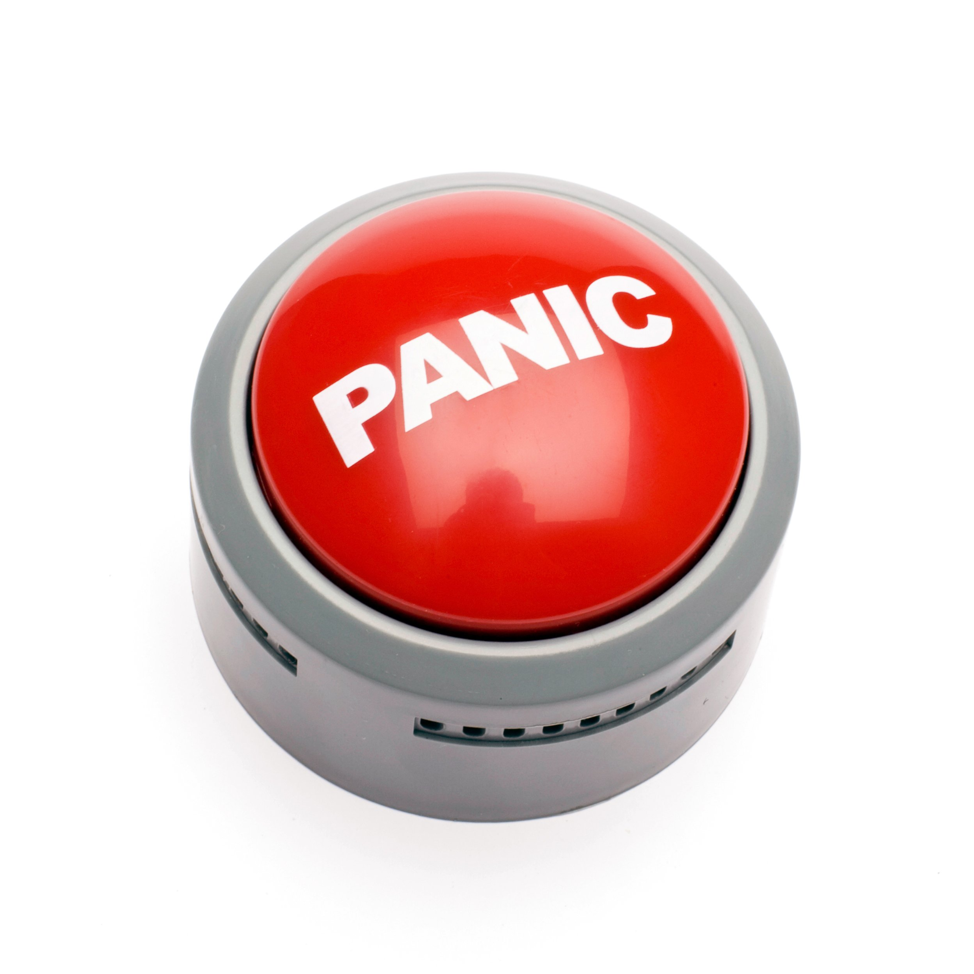
Panic buttons are effective for old people’s health monitoring devices, enabling them to get emergency assistance. This device can be in the form of a wristband, wall, or collar.
Pressing this button will call for assistance and support from caregivers and loved ones when the elderly feel uneasy, trip over, or find themselves in other dangerous situations.
14. Elderly Care Home Observer (ECHO)
The cloud-connected monitor ECHO uses machine learning and radar technology in monitoring.
One ECHO unit mounted on the ceiling or wall can monitor one person or two individuals in a typical apartment because radar sees through walls.
The device can identify dangerous occurrences like falls, breathing problems, bathtub drowning, etc.
And continuously observing and evaluating the person’s position, posture, movement, and respiration warns of impending health problems.
It is one of the most effective health monitoring devices for elderly people you can get for your old folks.
15. Heart rate monitoring devices
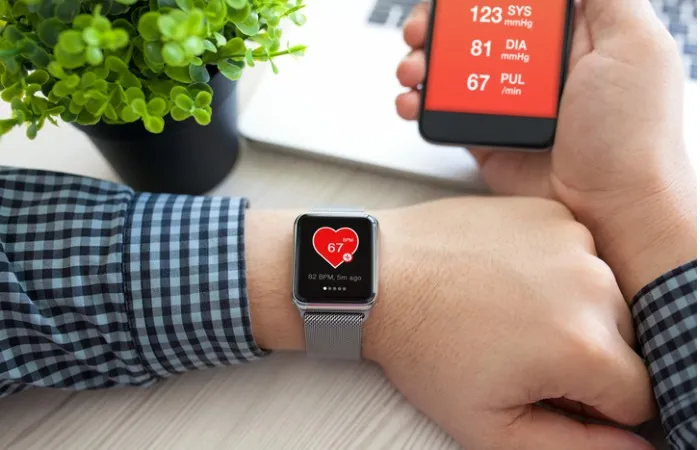
Image source: uab medicine
Heart rate monitors are crucial for health monitoring devices an elderly person’s cardiovascular health.
These devices assist them in keeping track of their fitness levels and identifying heartbeat anomalies by delivering real-time data on heart rate and rhythm.
This will enable early diagnosis of irregular heart rates, which can prevent cardiovascular issues.
16. Fitness tracker
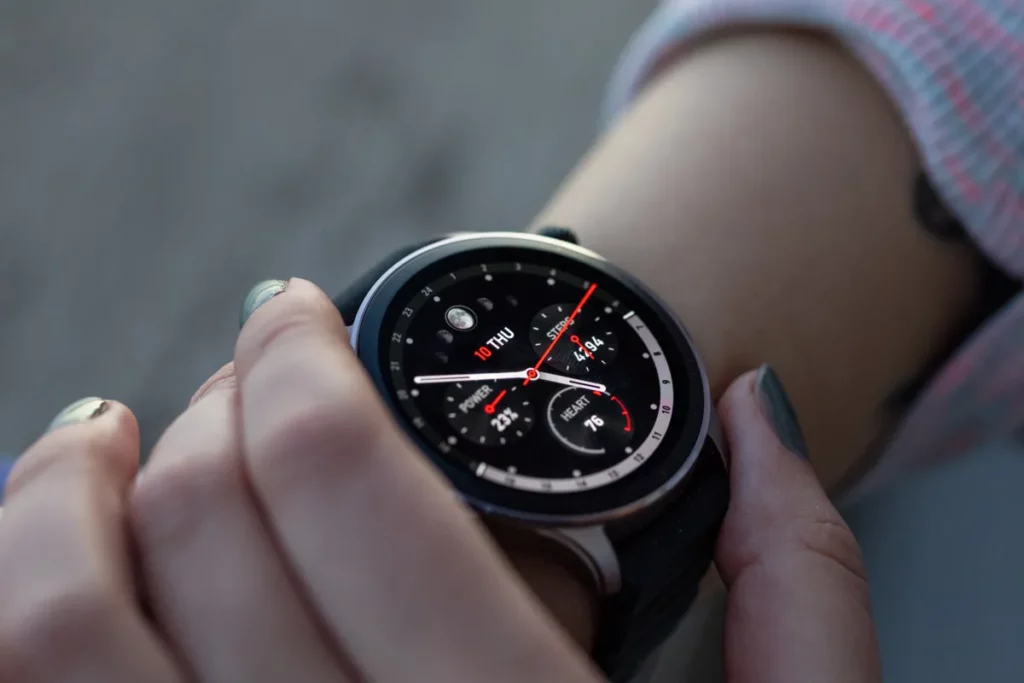
Elderly-specific fitness trackers come with features that cater to their particular needs.
These particular health monitoring devices can monitor a user’s level of daily exercise, like the number of steps taken, the distance travelled, and the number of calories burned.
Fitness trackers can motivate older people to stay active and live healthy lifestyles by informing them about their physical activities. Elderly persons who regularly exercise can ward off future health issues and avoid mishaps like falling.
The CDC advises older individuals to moderate exercise for at least 30 minutes and do muscle-strengthening exercises targeting all major muscle groups.
These trackers are suitable for older people because they have specialized features like large displays and simple interfaces and ensure they remain fit.
17. Glucose monitoring device
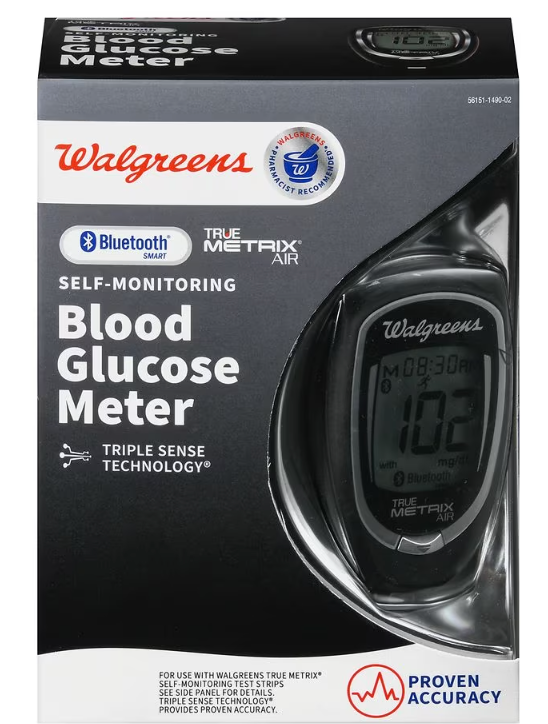
Image source: walgreens
A glucose health monitoring device is crucial for diabetic elders to check their blood sugar levels.
They can monitor their blood glucose level to avoid complications from diabetes. And helps manage diabetes by making informed decisions about their diet, activity, and medications.
18. GPS Tracking Devices
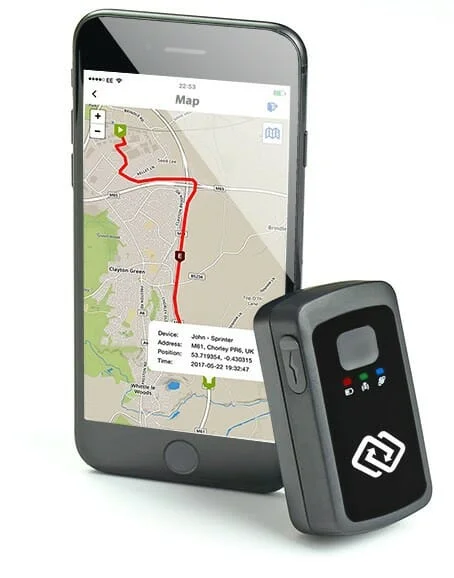
Image source: rewiresecurity
GPS tracking systems are a helpful safety tool for older people with dementia or Alzheimer’s.
These health monitoring devices track their whereabouts using GPS technology and provide caregivers or family members updates in real-time.
The GPS tracking systems can also assist in swiftly locating them when they walk off or become lost, thereby averting potentially hazardous situations.
19. Sleep Tracking Devices
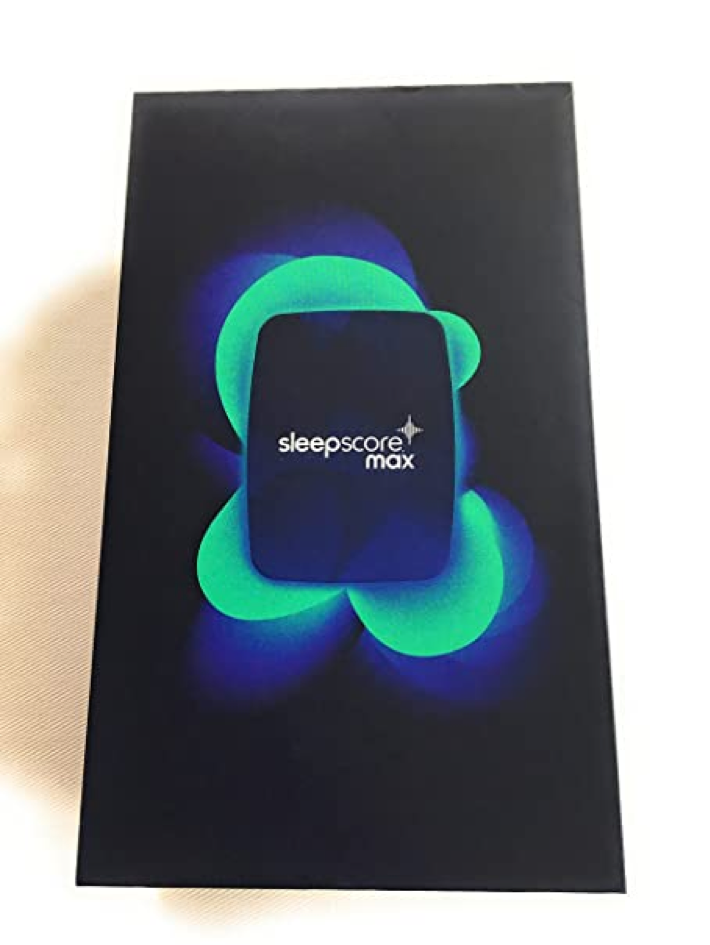
Another vital health monitoring devices for the elderly are the sleep tracking device. An elderly person’s health needs monitoring because poor sleep directly influences their general health and well-being.
Sleep patterns, including sleep duration, sleep stages, and nighttime restlessness, can be understood with the help of sleep trackers.
Any sleep problem they have, such as insomnia or sleep apnea, can be detected and treated. Thereby allowing them to live better lives with improved mental and physical well-being.
20. Personal Emergency Response Systems (PERS)
Elderly people can receive fast health assistance with wearable Personal Emergency Response Systems (PERS) in an emergency.
A button on these devices links the user to an emergency response center or instantly dials emergency services when pressed.
This is appropriate for monitoring older people who live independently. These aged and their loved ones will have peace of mind when they know that help is only a button click away.
21. Enuresis Sensors
This pad can be placed between the mattress and sheets or on top of a chair cushion, which warns a caregiver when it detects moisture.
This lessens the necessity of checking them during the night and lowers the risk of health problems due to prolonged exposure to urine.
22. Epilepsy Sensors
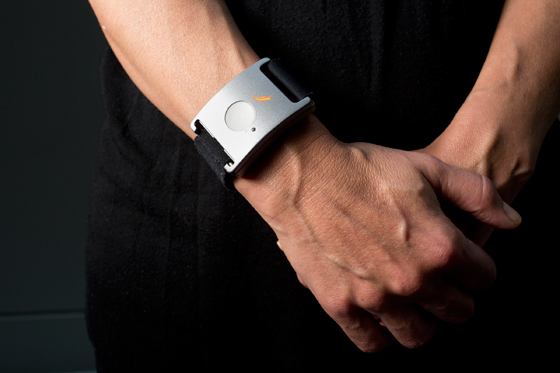
Image source: mit.edu
With age, the frequency of epileptic seizures may increase. An epilepsy sensor can keep tabs on an elderly loved one with epilepsy at night if they have a history of epileptic seizures.
This sensor is usually placed beneath their mattress. These sensors can detect when they are experiencing a seizure and sound an alarm.
Wrapping up
Health monitoring devices for the elderly encourage independent living and healthy aging. These devices have features that suit an elderly person’s unique requirements. And have the potential to improve their lives significantly.
With technological advancement, we can anticipate more devices that support old people in maintaining their independence while living their best lives.
- Manual vs. Automated Cleaning Equipment: Which Should You Choose? - December 15, 2023
- Cost Efficiency of Investing in Professional Cleaning Equipment - December 8, 2023
- Safety Precautions When Using Professional Cleaning Equipment - November 26, 2023
